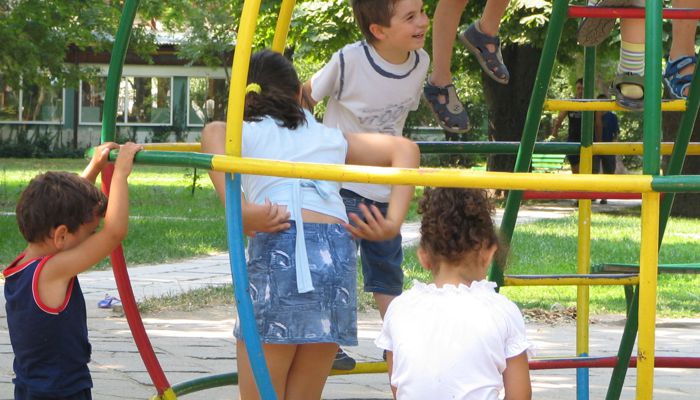Talking To Your Kids About Tragedy

We are receiving calls on what is the proper way to respect the recent tragedy, as well as what to say to those who are suffering.

Control Young Children’s Exposure to TV and Conversations
This may not be possible in all cases, especially in light of this recent tragedy where children were actively involved and witnessed the tragedy firsthand. But, in most cases, young children can easily be overstimulated by nightly news and strong conversations, which can feel overwhelming, and they aren’t emotionally mature enough to express their fear. For toddlers, keep the environment as soothing as possible. Give your older kids an opportunity to share their feelings and ask questions. Be honest but avoid scary labels like “bad guys” or “monsters.” Rather, focus on how people are coming together to help each other during this time.
Avoid heated conversations about gun control and policies that your kids are much too young to understand. Your demeanor has a huge effect on their well-being right now.
Be Honest with Your Child
Sadly, traumatic events happen, and Uvalde is another very sad example. As a parent, you can share that these situations are not the norm, and there will be people taking good care to make sure they are safe. We do what we can and speak the child’s language based on their age.
We don’t have all the answers, and a reassuring embrace, a calm tone of voice and relaxed facial features (not joy but kindness), and “I don’t have the answer right now” is comforting and healing.
Seek professional help and utilize resources such as the United Way.
What to Say to Someone Who Is Grieving
It’s never easy to lose someone you love. Here are a few thoughts:
- A heartfelt “I’m so sorry for your loss” is a gentle and kind statement that shows compassion and understanding.
- “How can I help you right now?’
- It’s not necessary to fill the empty space with words. Your friend needs support, and it’s enough to sit with them in silence and let them freely show emotion.
- Avoid anger over what happened. Whether a tragedy or a medical complication, keep your words supportive rather than disruptive.
Should You Reach Out if You Have Heard Someone Has Lost a Loved One
Depending on your relationship, by all means, reach out. Get in touch for the right reasons, to show comfort and offer your help, and avoid being overly pushy. If you don’t know the person well, it may be best to send a condolence card and allow the family time to grieve privately with their close connections.
Follow Up Again and Again
It’s not enough to ask, “Do you need anything?” Show up in multiple ways, over and over again. Bring food, offer to take their children to dance class, check-in to see how they are doing, and be consistently available after the initial shock.
Don’t Jump on Social Media to Rant
While it’s easy to be angry about the current social climate, making insensitive comments such as “Prayers don’t work” is counterproductive to a parent or family member grieving the loss. Be sensitive and use your voice to calm rather than exaggerate the hurt your loved one is going through.
Send a Card
- People are very uncomfortable when it comes to writing and sending a condolence card. Here are three simple steps:
- Write it by hand, when possible. It’s a thoughtful and personal gesture of love.
Keep it short. Don’t worry about saying something wrong; simply share your sadness, and reinforce your feelings of support and love. - Close with affection. Rather than simply stating your name, add “With sincere Sympathy” or “Sending you my love and support,” depending on your relationship with the person.
Most importantly, don’t forget your friend once things get back to normal. It will never be normal for them and will take time to adapt. Keeping in touch is an act of love and goodwill.





